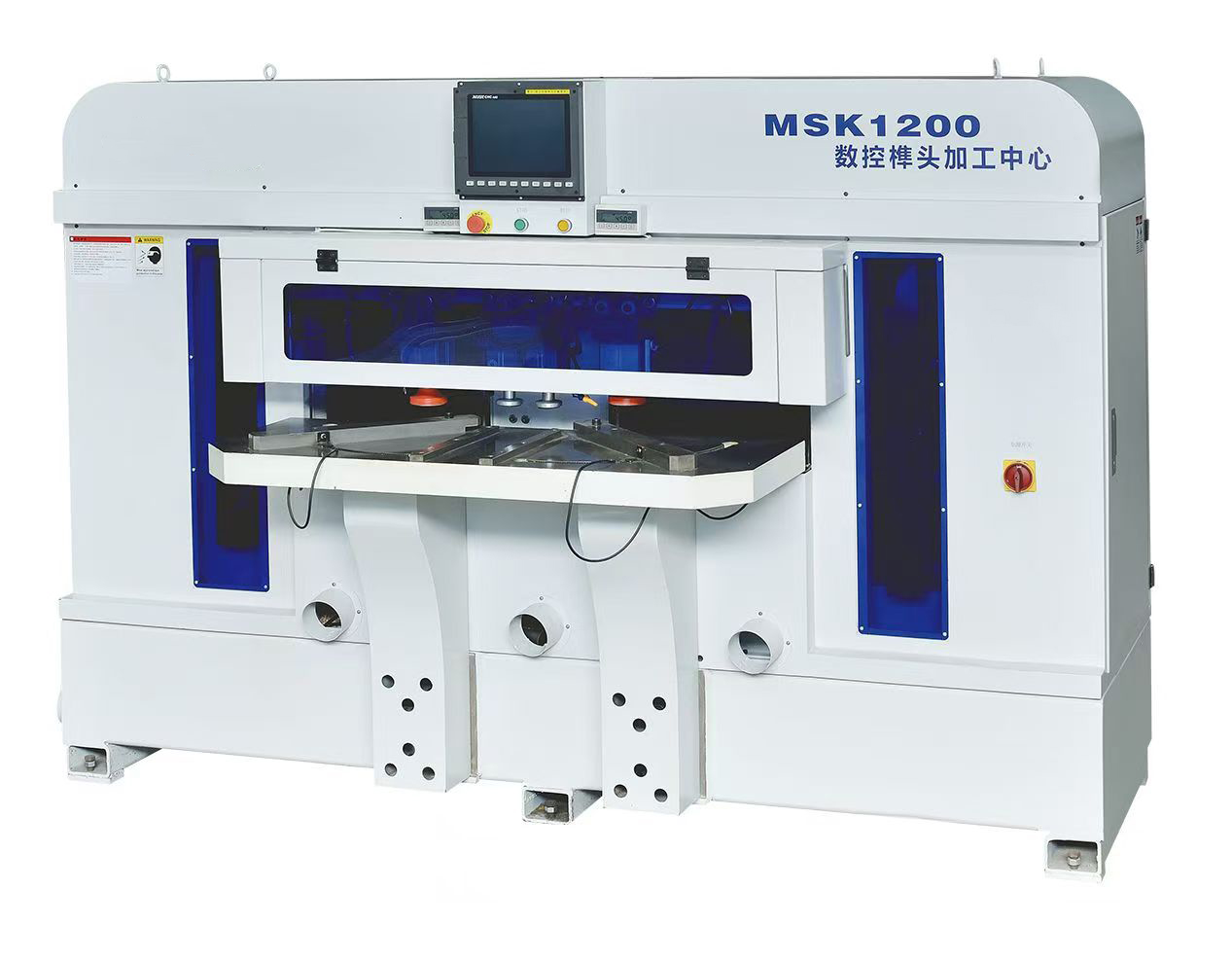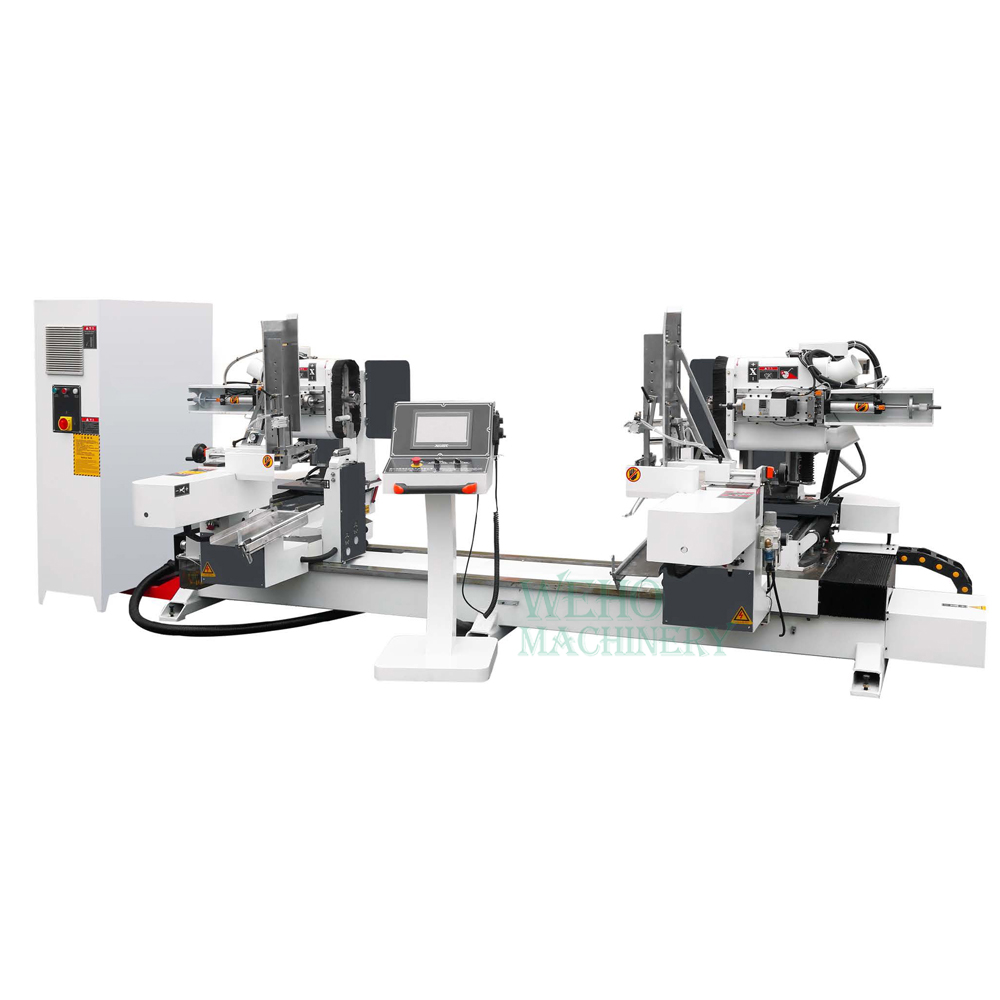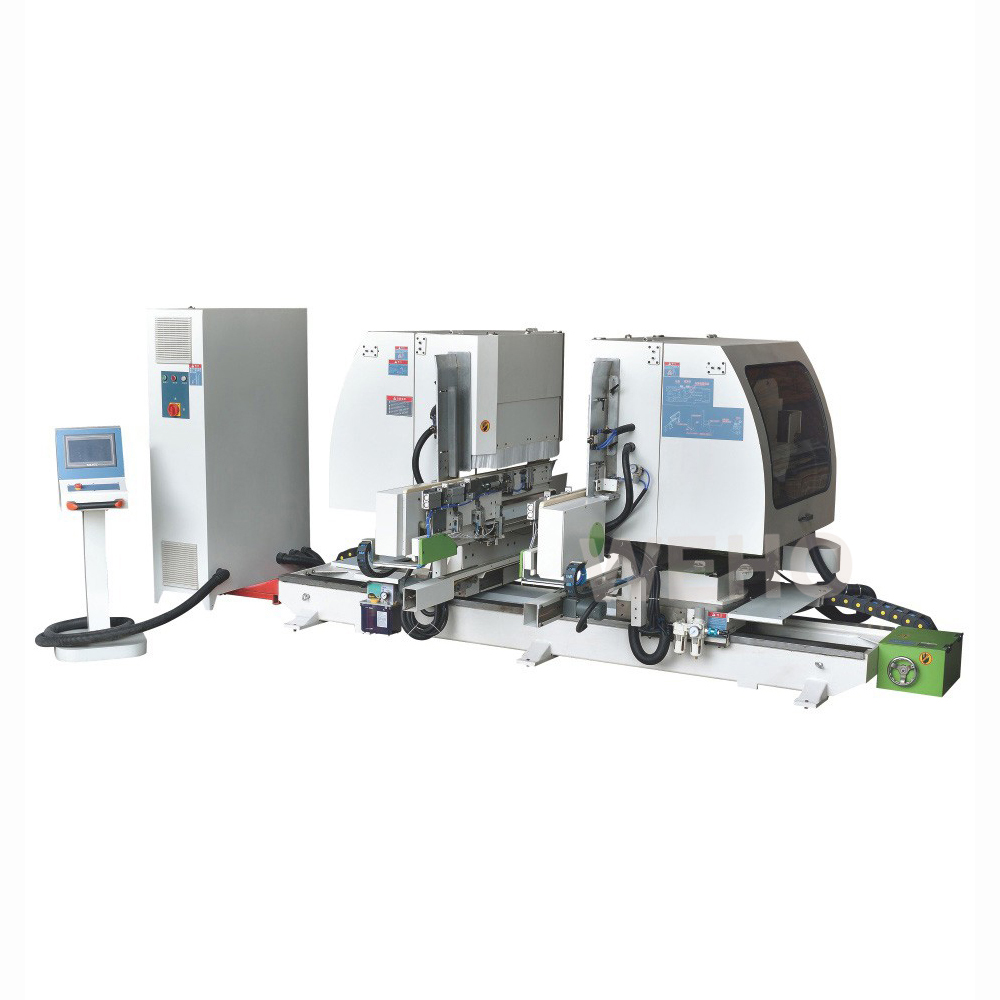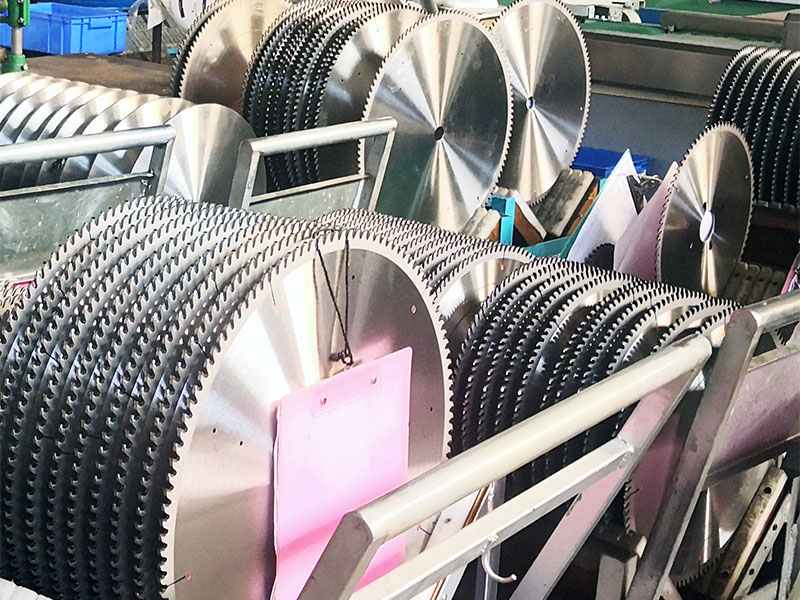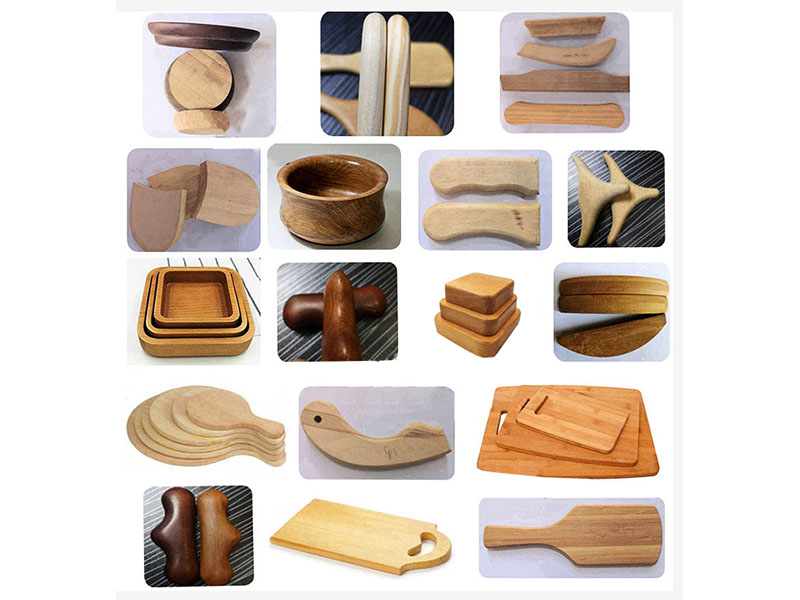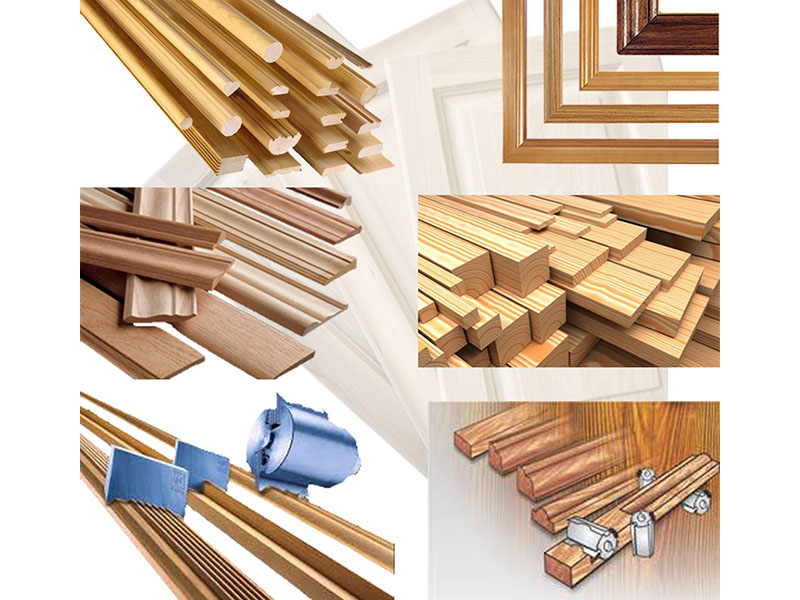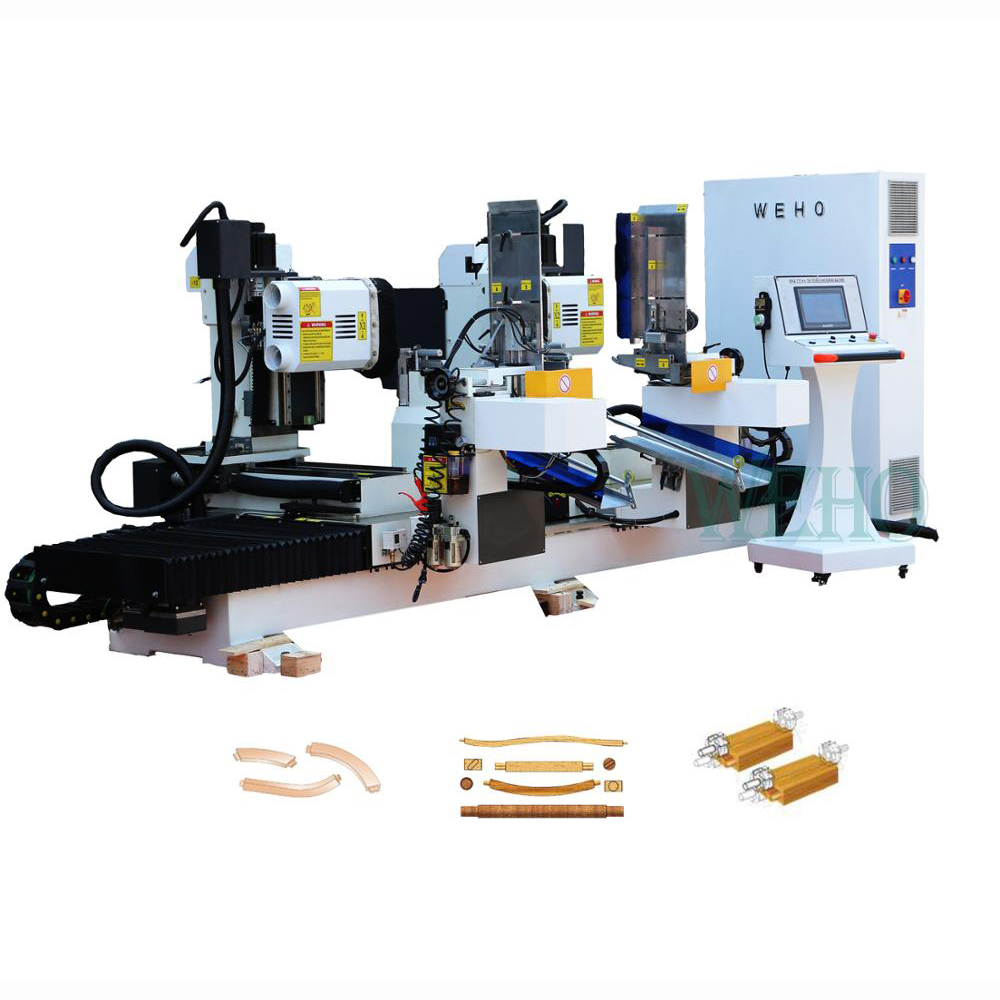
Top 7 Benefits of Using a CNC Tenoner in Furniture Production
In the highly competitive furniture manufacturing industry, efficiency, precision, and consistent quality are essential for success. Whether producing mass-market furniture or high-end custom pieces, manufacturers must meet tight deadlines without compromising craftsmanship. This is where the CNC tenoner — a high-tech evolution of traditional tenoning machines — becomes an indispensable part of modern woodworking workshops.
A CNC tenoner (Computer Numerical Control tenoning machine) automates the process of cutting accurate tenons in wood components. These machines are crucial for joinery work in furniture such as tables, chairs, cabinets, windows, and doors. Leading woodworking equipment manufacturers like WEHO provide CNC tenoners designed to deliver unmatched accuracy and performance, helping businesses improve productivity and reduce waste.
In this article, we will explore the top 7 benefits of using a CNC tenoner in furniture production, and why upgrading to this advanced joinery equipment can transform your manufacturing process.
1. Exceptional Precision and Consistency
Traditional manual tenoning methods depend heavily on the skill and experience of the operator. While skilled craftsmen can produce quality results, human error can still cause inconsistencies, especially in large-scale production.
A CNC tenoner eliminates these variations by following pre-programmed instructions with incredible accuracy. Every tenon produced is identical in size, angle, and fit, ensuring perfect joints in every furniture piece. This level of precision is vital for creating strong, seamless joinery in chairs, tables, and cabinetry.
With brands like WEHO, precision engineering is at the core, allowing even complex joinery designs to be executed with ease.
2. Increased Production Speed
In furniture manufacturing, time is money. A CNC tenoner can produce tenons much faster than manual machines, without sacrificing quality. Automated material feeding systems and multi-axis machining capabilities allow multiple operations to be completed in one setup.
For example, a CNC wood tenoning machine can simultaneously cut shoulder lines and cheeks, greatly reducing cycle time. This speed advantage means manufacturers can fulfill larger orders faster and take on more projects without increasing labor costs.
WEHO's CNC tenoners are built for continuous operation, enabling workshops to meet tight deadlines with confidence.
3. Reduced Labor Costs and Dependence on Skilled Labor
Finding and retaining skilled woodworkers can be challenging, especially for large-scale operations. A CNC tenoner reduces the reliance on manual craftsmanship for repetitive tasks.
Operators only need to set up the program, load the material, and oversee the process — the machine does the rest. This not only saves on labor costs but also allows skilled workers to focus on high-value tasks such as design, assembly, and finishing.
By investing in a CNC tenoner, furniture manufacturers can achieve higher output with fewer operators, increasing operational efficiency.
4. Flexibility for Various Furniture Designs
Modern furniture production often requires adaptability to different designs and custom orders. A CNC tenoner allows quick adjustments in programming to accommodate various woodworking projects, from traditional mortise-and-tenon joints to more complex joinery styles.
Whether you're producing solid wood chairs, cabinet frames, or decorative doors, the CNC tenoner can handle different wood species, sizes, and shapes with minimal setup changes. This flexibility is a key advantage for workshops serving diverse customer needs.
WEHO's CNC tenoners are designed with user-friendly interfaces, making it easy to switch between projects without downtime.
5. Improved Material Utilization and Waste Reduction
In woodworking, wasted material means wasted money. Manual tenoning methods often result in errors that lead to rejected parts. A CNC tenoner minimizes this risk by producing accurate cuts every time.
Additionally, optimized cutting paths reduce offcuts and maximize yield from each piece of timber. Over time, this leads to significant savings on raw materials, especially when working with expensive hardwoods.
WEHO machines incorporate advanced cutting optimization software to ensure minimal waste and maximum return on investment.
6. Enhanced Safety for Operators
Operating traditional tenoning machines involves close contact with moving blades, which can be hazardous without strict safety protocols. A CNC tenoner reduces these risks by automating the cutting process and enclosing moving parts where possible.
Most CNC tenoners include emergency stop buttons, safety guards, and dust extraction systems to create a cleaner and safer working environment. This not only protects workers but also reduces the risk of production delays caused by accidents.
With WEHO, safety is a top priority, ensuring that advanced performance comes with industry-leading safety features.
7. Long-Term Cost Savings and ROI
While a CNC tenoner requires an initial investment, the long-term financial benefits are substantial. Increased productivity, reduced labor costs, minimized waste, and higher product quality all contribute to a faster return on investment.
Many manufacturers find that the machine pays for itself within a few years — sometimes even sooner — depending on production volume. With proper maintenance, a high-quality CNC tenoner from WEHO can operate reliably for many years, providing consistent results and profitability.
Why Choose WEHO for Your CNC Tenoner Needs?
Choosing the right CNC tenoner is critical for achieving these benefits. WEHO stands out in the woodworking machinery market for several reasons:
- Precision Engineering – Machines designed for accuracy and durability.
- User-Friendly Software – Easy programming for quick project changes.
- Robust Build Quality – Designed for continuous industrial use.
- Global Support Network – Assistance with installation, training, and maintenance.
- Custom Solutions – Tailored machines for specific furniture production needs.
By partnering with WEHO, you gain not only a CNC tenoner but also a reliable partner committed to your manufacturing success.
Conclusion
In the modern woodworking industry, CNC tenoners are more than just machines — they are productivity powerhouses that drive efficiency, precision, and profitability. From reducing labor costs to enhancing product quality, the advantages are clear for furniture manufacturers aiming to stay competitive.
Investing in a high-quality CNC tenoner, such as those offered by WEHO, is a strategic decision that pays off in faster production cycles, greater design flexibility, and long-term savings. As customer demands evolve, the ability to deliver beautifully crafted, perfectly fitted furniture components quickly and consistently will set your business apart.


